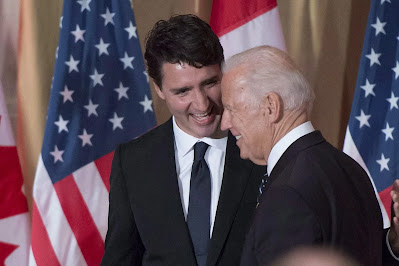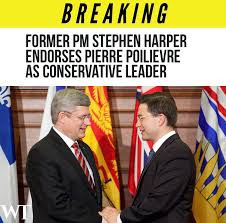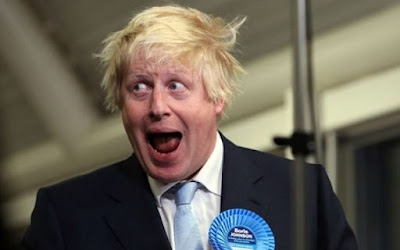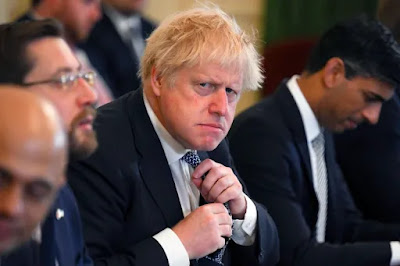If you want to understand how insane things have become in the United States, consider this report from this morning's New York Times:
RITTMAN, Ohio — Mandi, a kindergarten teacher in Ohio, had already done what she could to secure her classroom against a gunman.
She positioned a bookcase by the doorway, in case she needed a barricade. In an orange bucket, she kept district-issued emergency supplies: wasp spray, to aim at an attacker, and a tube sock, to hold a heavy object and hurl at an assailant.
But after 19 children and two teachers were killed in Uvalde, Texas, she felt a growing desperation. Her school is in an older building, with no automatic locks on classroom doors and no police officer on campus.
“We just feel helpless,” she said. “It’s not enough.”
She decided she needed something far more powerful: a 9 millimeter pistol.
So she signed up for training that would allow her to carry a gun in school. Like others in this article, she asked to be identified by her first name, because of school district rules that restrict information about employees carrying firearms.
A decade ago, it was extremely rare for everyday school employees to carry guns. Today, after a seemingly endless series of mass shootings, the strategy has become a leading solution promoted by Republicans and gun rights advocates, who say that allowing teachers, principals and superintendents to be armed gives schools a fighting chance in case of attack.
At least 29 states allow individuals other than police or security officials to carry guns on school grounds, according to the National Conference of State Legislatures. As of 2018, the last year for which statistics were available, federal survey data estimated that 2.6 percent of public schools had armed faculty
The count has likely grown.
As a retired teacher, I am both horrified and appalled. The country is on the verge of anarchy. And, if anarchy results from this national insanity, there will be a national bloodbath.
Image: The New York Times
























